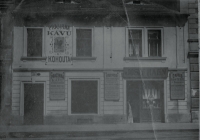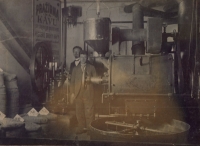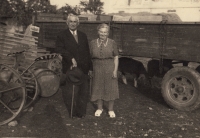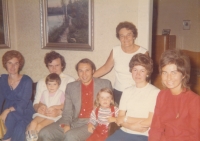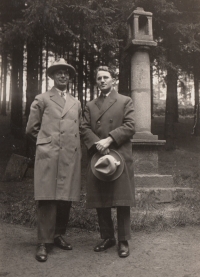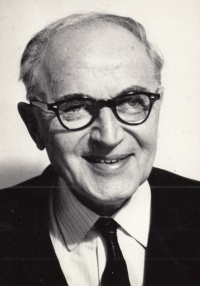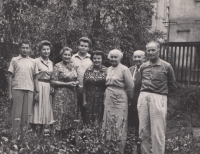To my father, justice was above all else.
Download image
Vladimír Hahn was born on 26 March 1946 in Pilsen. His father Ladislav’s family lived in Pilsen for centuries, his mother Jarmila grew up on a farm in Žlutice near Karlovy Vary. The communist regime confiscated the farm, which they had been paying off for years. The witness’s grandfather František Diviš could not bear it and died of a heart attack. His uncle Jaromír Diviš, who was to inherit the farm, emigrated to the United States. When he returned to Czechoslovakia in 1956, State Security had him committed to a psychiatric ward on suspicion of being a spy. My father’s family lost their colonial and coffee roasting plant in Pilsen after 1948. His uncle Josef, who ran the shop, was conscripted into the Auxiliary Technical Battalion (PTP). His father’s family was left with a tenement house with three apartments in Pilsen, where he grew up. His father Ladislav worked as a judge in Liberec, Žlutice and Pilsen. In the 1950s, he refused to sign pre-prepared judgments, and was not allowed to practice criminal law. He was rehabilitated in 1968. Vladimír Hahn worked all his life in the Plzeň Škoda plant, a machine tool factory. In 1979, the company sent him to India, to a newly built factory in Ranchi. He welcomed 1989 as “a great satisfaction” after what his family had endured under the communist regime.
